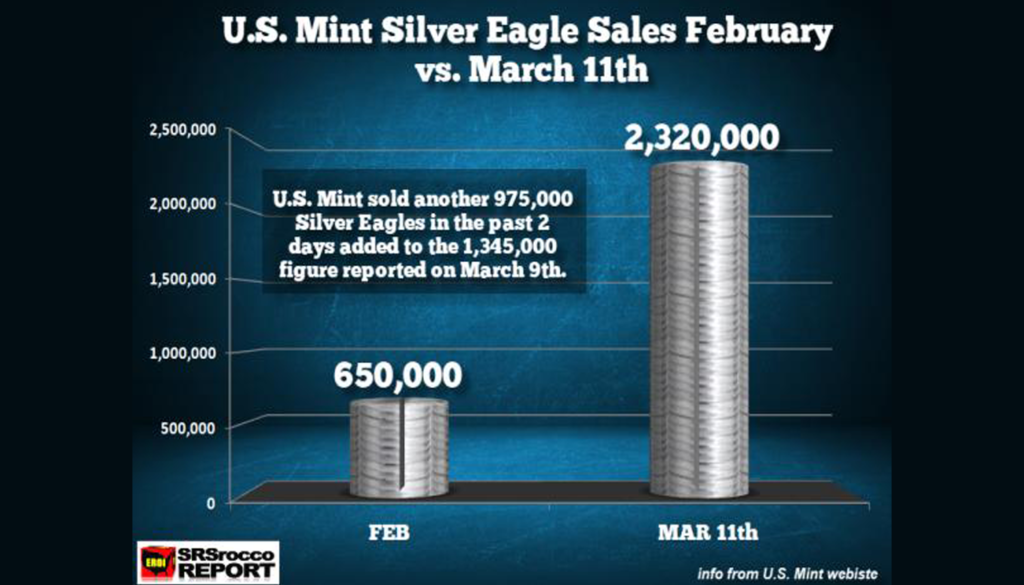Rather than doing nothing, the Federal Reserve decided Wednesday to do as little as it possibly could.
The Fed’s decision to extend its “Operation Twist” economic stimulus program represents the path of least resistance for a central bank contemplating a raft of economic troubles, including a financial crisis in Europe and a weakening U.S. economy, analysts say.
At the conclusion of its two-day policy meeting, the Fed said it will prolong the program until the end of the year. The $400 billion program was launched last fall and was due to expire later this month. The extension adds another $267 billion, according to the Fed.
Many analysts had expected the Fed to announce something to signal to the markets that it is willing to provide further support to the economy. In its policy statement the Fed didn’t adjust interest rates, but said that growth in employment has slowed recently and unemployment remains elevated.
The “Operation Twist” program adjusts the composition of the government bonds held by the Fed by swapping short-term assets for longer-term assets. The idea is to push down long-term interest rates, making it easier for businesses and consumers to get credit, supporting the recovery.
Operation Twist is likely to have a limited impact on the economy at this point, analysts say. The Fed had been painted into a corner last week, however, when the stock market rallied strongly on the expectation that central banks around the world would provide more stimulus in the event of a Greek exit from the eurozone following a crucial election last weekend.
“This is the minimum the market would accept,” said J.J. Kinahan, TD Ameritrade’s chief derivatives strategist. He said the Greek election, which eased fears of an imminent financial disaster in the eurozone by handing victory to a party that supports Greece staying in the currency union, meant the Fed didn’t have to do anything more radical to boost the economy.
Related: Fed extends ‘Operation Twist,’ says hiring has slowed
“They had to do something, and by extending Operation Twist they’ve given the markets confidence that they are ever watchful,” he said. “They maintained the status quo in a way that the market would be comfortable with.”
“And to their credit they kept their power dry,” he continued. “It’s not like this Greek election has solved the problems in Europe. They kept themselves in a position of reacting in case of worse news from Spain or Italy.”
Recent reports, including two straight months of weak job growth, suggest economic growth is slowing again after a tepid recovery. In January the Fed said it plans to hold down rates until late 2014 to sustain the recovery, and in testimony earlier this month Fed Chairman Ben Bernanke said the Fed is ready to act if needed.
Others had hoped for something stronger from the Fed, such as another massive bond-buying program known as “quantitative easing,” or QE, in which the Fed essentially prints money to buy long-term mortgage or Treasury bonds.
That would be controversial because past efforts have had a questionable success rate, and it brings with it the risk of inflation down the road because it increases the money supply. Also, economists say the Fed is likely to want to keep something in its arsenal in case the economic outlook worsens over the summer.
Former Fed governor Larry Meyer said it would have been better for the Fed to do nothing at all.
“We are within days of very important information,” including a European Union summit in late June and a meeting of the European Central Bank in early July, he told CNBC, noting that the risks of a financial crisis remain high.
“If things get really bad, then I believe we will see coordinated central bank action, and I think the Fed wants to be able to do as much as possible, consistent with what other central banks are doing,” Meyer said.
Peter Fisher, head of investment manager BlackRock’s global fixed income portfolio worth $1.2 trillion, also said it would have been better for the Fed to hold fire.
“I don’t think either twist or balance sheet expansion has much more room to be effective here,” he told CNBC. “If they keep taking long-term treasuries out of the market, they’re denying the banking system the best collateral in the banking system, and that doesn’t provide credit.”
“Monetary policy works though changing our expectations, so they’ve got o shock us; do something we don’t expect,” he said.
Randall Kroszner, a professor at The University of Chicago’s Booth School of Business and a former Fed governor, told CNBC that the Operation Twist asset-purchase program is likely to have a limited impact on the economy, and particularly on housing — the biggest drag on the recovery.
Earlier this month, Bernanke told Congress it must take decisive steps to repair U.S. policies on taxes and government spending, noting that tax increases and government spending cuts that are supposed to start in 2013 — also known as the “fiscal cliff” — could push America into recession if they are not addressed by Congress.
“I think the Fed has done almost all it possibly can do,” Kroszner said. “It really has to be other polices that try to get the housing market moving.”
Roland Jones – MSNBC – June 20, 2012






